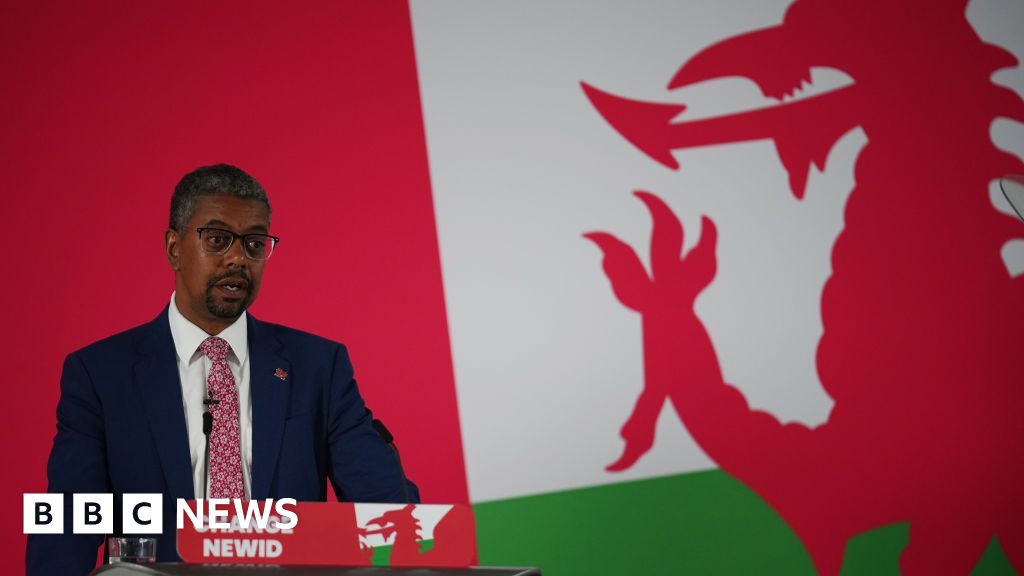The UK government is set to advance its initiative for an autonomous football regulator with the introduction of the Football Governance Bill in Parliament on Tuesday. This proposed legislation aims to empower an independent body, detached from governmental and football authorities, to supervise clubs across the top five tiers of men’s football in England.
The decision to establish a regulator was announced by the government in February 2023, following a comprehensive fan-led review conducted in 2022. Prime Minister Rishi Sunak hailed this move as a pivotal moment for football enthusiasts, emphasizing its focus on amplifying their voices. Sunak emphasized the significance of safeguarding the integrity of football, highlighting instances of financial mismanagement leading to the collapse of clubs like Bury and Macclesfield Town.
Upon its introduction, the Bill will undergo parliamentary scrutiny before it becomes law. This legislation stems from the recommendations of a fan-led review, which identified the necessity for a regulator to ensure the long-term financial stability of professional men’s football amidst challenges such as financial mismanagement and proposals for a breakaway European Super League.
The proposed regulator is envisioned to operate based on three primary objectives: enhancing the financial sustainability of clubs, fostering financial resilience across leagues, and preserving the heritage of English football. Rick Parry, chair of the English Football League (EFL), expressed optimism about the potential of this landmark legislation to rectify the existing financial model of the game and facilitate fair competition among all clubs.
However, concerns have been raised by some stakeholders. The Premier League, while supportive of measures to enhance the sport’s governance, expressed reservations regarding potential adverse effects on the competitiveness and appeal of English football. Notably, new club owners and directors will face more rigorous scrutiny to prevent instances of financial mismanagement that could jeopardize the existence of clubs.
Furthermore, the Bill proposes a licensing system covering clubs from the National League to the Premier League, with a requirement for clubs to engage their fans in crucial decision-making processes. Culture Secretary Lucy Frazer emphasized the imperative of placing fans at the core of football’s governance to ensure its sustained prosperity as a vital community asset.
Additionally, the Bill includes provisions for backstop powers concerning financial distributions between the Premier League and the EFL, underscoring the government’s commitment to intervene if necessary. Former sports minister Tracey Crouch, who chaired the fan-led review, hailed the progress made in safeguarding the long-term sustainability of the football pyramid.
While welcomed by many, there are concerns from groups like Fair Game, which questions the effectiveness of the proposed regulator and its ability to intervene. However, the government remains steadfast in its commitment to reform football governance for the betterment of the sport and its stakeholders.











